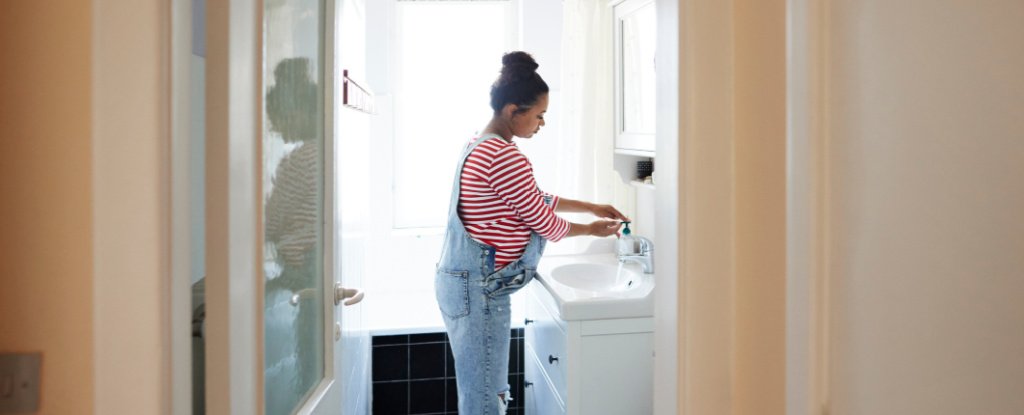Products You May Like
The number of babies born in the United States took a hit last year, just like experts predicted it would.
In 2020, according to initial government data, the national birth rate fell by a total of 4 percent – the largest annual decrease in 50 years.
Obviously, most babies born last year were conceived before the pandemic hit, but in the month of December, when the first pandemic babies began entering the world, the birth rate dropped by almost 8 percent from the previous year.
Birth rates in the US have been trending down for a while now, but this recent dive is steeper than usual and appears to hold true for parents of various ages, races, and ethnicities.
Last year, the general rate of fertility hit a record low: 55.8 births per 1,000 women between the ages of 15 and 44.
At the start of the global pandemic, there was much discussion about whether the extra time spent at home would lead to a baby boom. But sociologists and economists both know an economic recession is hardly a motivating factor in starting a family.
Instead, research suggests financially tough and uncertain times, like the Great Depression or the 1918 Spanish flu, actually lead to a drop in birth rates, while periods of recovery, such as after a war, tend to coincide with baby booms.
In agreement with this line of thinking, a recent analysis from the Associated Press has predicted a significant drop in births in the coming year.
Research from the Brookings Institute agrees, estimating mid last year that we’d see a drop of between 300,000 to 500,000 births in 2021 – possibly even more if the labor market doesn’t recover.
The initial data from December certainly suggests we are on track for that reality. The findings are only provisional, but the data set represents over 99 percent of all births reported to the government in 2020, so it gives us a glimpse at what might be coming our way.
With new lives dropping to record lows and death rates surging to record highs, experts say the current pandemic has already slowed population growth dramatically.
“The surplus of births over deaths added just 229,000 to the population in 2020 compared to 892,000 in 2019: a decline of 74 percent,” sociologist Kenneth Johnson recently wrote.
“This decline coupled with diminished immigration produced the United States’ smallest annual percentage population gain in at least 100 years.”
What effect that will have on society remains to be seen.
The provisional data was released by the US Centers for Disease Control and Prevention.
